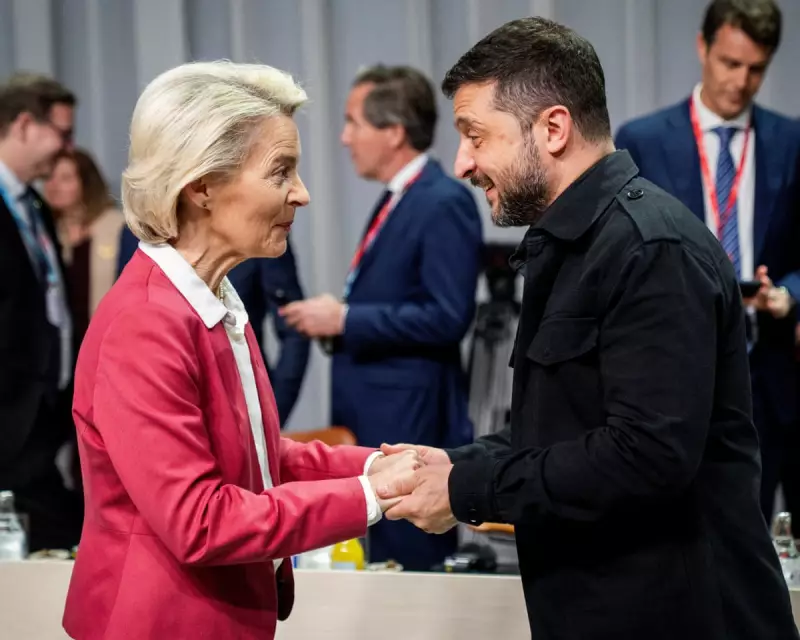
In a historic gathering that could redefine Europe's global standing, EU leaders converged on Copenhagen for an emergency defence summit that marks a fundamental transformation in the bloc's identity. The meeting represents Europe's most significant step toward military integration since the Cold War, driven by the escalating threat from Russia and growing uncertainty about long-term American support.
A Continent Awakened
The Copenhagen summit signals a dramatic departure from Europe's traditional role as an economic powerhouse with limited military ambition. European capitals are now confronting the harsh reality that decades of reliance on US protection through NATO may no longer be sufficient in an increasingly volatile world.
The urgency stems from multiple fronts: Russia's continued aggression in Ukraine, the potential return of Donald Trump to the White House, and China's growing global influence have created a perfect storm forcing European leaders to confront their defence vulnerabilities.
The Copenhagen Consensus
Key outcomes from the summit include:
- Accelerated military integration with plans for a more unified command structure
- Increased defence spending across member states, moving beyond the 2% GDP target
- Enhanced weapons production to reduce dependency on external suppliers
- Strengthened support for Ukraine with long-term security commitments
The Ukraine Factor
Ukraine's desperate struggle against Russian invasion has served as a wake-up call across European capitals. The conflict has exposed critical gaps in Europe's military readiness and ammunition stockpiles, forcing a rapid reassessment of defence priorities.
"We can no longer afford to be the economic giant and military pygmy of global politics," one senior EU diplomat noted during the summit discussions. "The world has changed, and Europe must change with it."
Britain's Awkward Position
The summit highlights Britain's increasingly complex position in European security architecture. Having left the EU's political structures, the UK now finds itself navigating a delicate balance between maintaining its special relationship with Washington while cooperating closely with European defence initiatives.
British officials watched the Copenhagen proceedings with keen interest, recognising that whatever defence architecture emerges from these discussions will significantly impact UK security policy for decades to come.
The Road Ahead
While the Copenhagen summit represents a crucial step forward, significant challenges remain. Differences between member states on funding, strategic priorities, and the relationship with NATO continue to complicate the path toward a truly unified European defence capability.
Nevertheless, the gathering in Denmark marks a watershed moment. European leaders have recognised that the era of relying on others for their security is ending, and the birth of a more strategically autonomous Europe appears increasingly inevitable.






